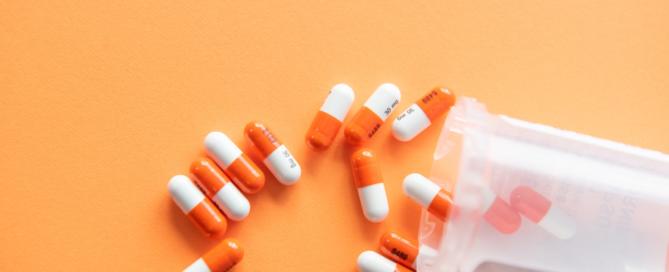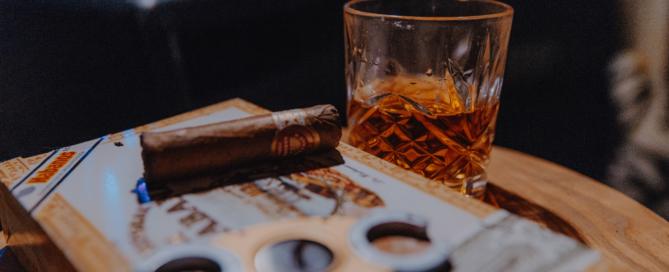Queen, Abba and the Beach Boys Best Feel-Good Music Science Says
A Dutch neuroscientist has come up with a formula to determine what makes a song uplifting and in the process he's identified the ultimate feel-good track of all-time. - Peter Vincent Source: Queen, Abba and the Beach Boys best feel-good music science says



